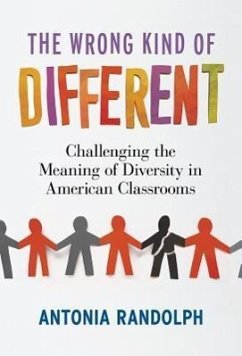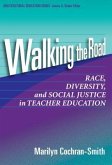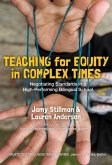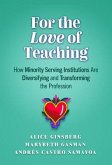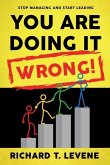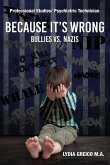How can multiculturalism go wrong? Through extensive interviews conducted in a large Midwestern district, Antonia Randolph explores how teachers perceive students from diverse racial and ethnic backgrounds and the unintended consequences of a kind of colorblind multiculturalism. She unearths a hierarchy of acceptance and legitimacy that excludes most poor Black students and favors certain immigrant minorities. In addition, she discovers how some teachers distinguish their support for certain forms of student diversity from curriculum diversity, such as accommodating bilingual education, which they find burdensome. This provocative book challenges readers to look beyond the surface benefits of diversity and raises issues about American schools that need to be addressed, including: How school diversity policy has become detached from concerns about equity and social justice, how teachers see diversity as a good thing as long as it doesnt inconvenience them or lower their schools scores on standardized tests, how some immigrant children receive favorable treatment sanctioned by multicultural ideology and practice, how many African-American students and schools suffer racial penalties for being the wrong kind of different.
Bitte wählen Sie Ihr Anliegen aus.
Rechnungen
Retourenschein anfordern
Bestellstatus
Storno

